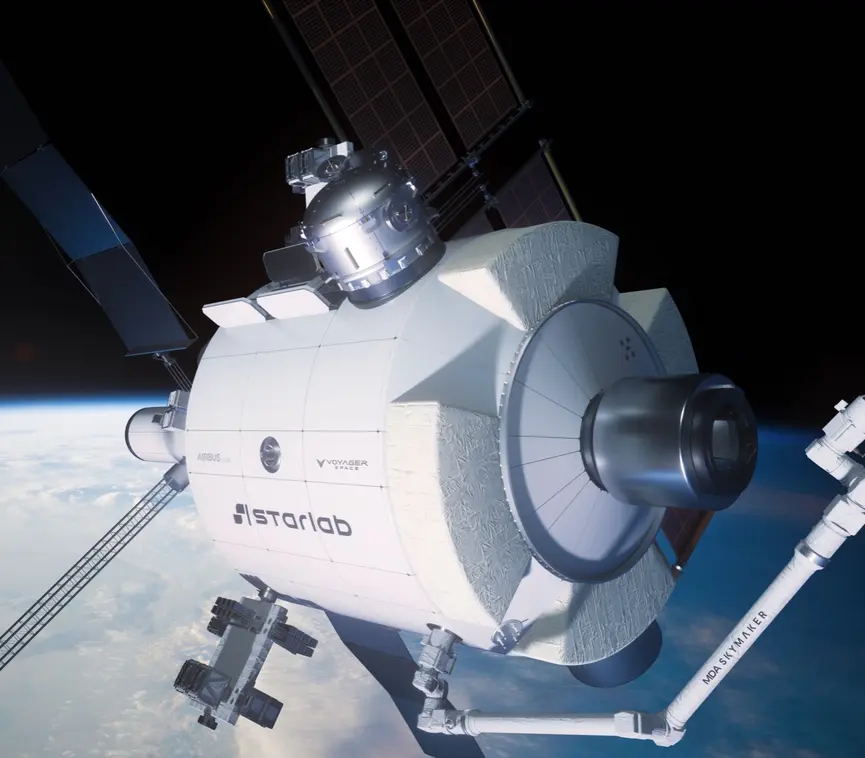T4K3.news
NASA plans to end crucial carbon-monitoring missions
The Trump administration seeks to terminate two key satellite missions monitoring carbon dioxide levels.
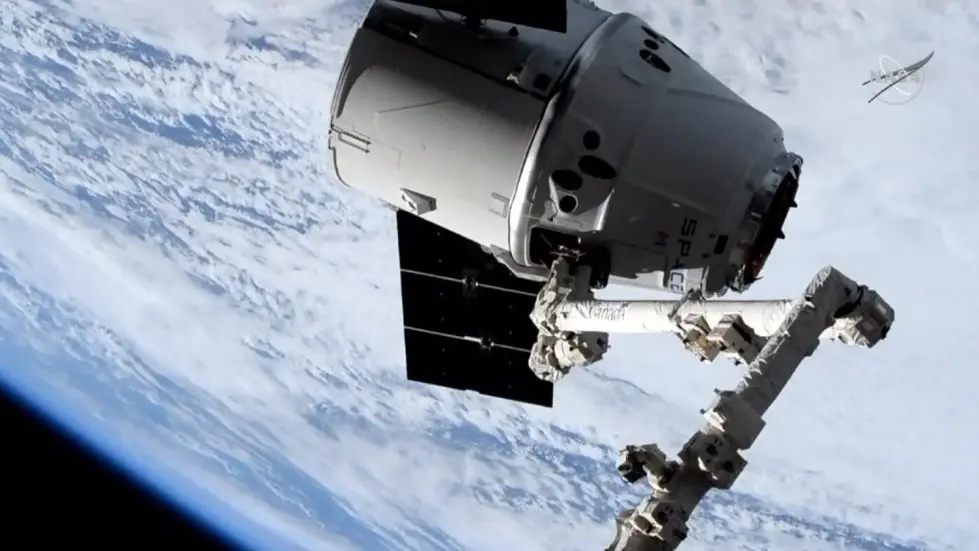
The Trump administration considers ending key satellite missions that monitor carbon dioxide levels.
NASA faces plans to potentially end crucial carbon-monitoring missions
NASA employees have been instructed by the Trump administration to create termination plans for two significant satellite missions that monitor carbon dioxide in the atmosphere. Currently funded by Congress through 2025, these missions, known as the Orbiting Carbon Observatories, are essential for collecting data used by scientists and farmers worldwide. Despite the high quality of data and ongoing functionality of the satellites, the rationale behind the proposed cuts remains unclear. Concerns among NASA staff indicate this move may be influenced by budgetary constraints tied to the administration's fiscal agenda, which aims to limit funding for climate observation projects. The potential end of these missions would involve the destruction of one satellite, leaving vital research at risk without any clear justification for this drastic action.
Key Takeaways
"Eliminating funds would be catastrophic and severely impair our ability to respond to disasters."
Rep. Zoe Lofgren emphasizes the critical nature of the satellite data.
"It makes no economic sense to terminate missions that are returning incredibly valuable data."
David Crisp, former NASA engineer, argues against the termination of satellite missions.
"The value of these observations is just increasing over time."
Anna Michalak highlights the growing importance of the data being collected by the satellites.
"These efforts would not be possible without this underlying investment from public funding."
Anna Michalak stresses the importance of public investment in satellite monitoring.
The prospect of terminating these carbon-monitoring missions highlights growing tensions between scientific needs and political agendas. As the demand for accurate climate data increases due to worsening environmental conditions, cutting these missions could have far-reaching implications. The strong pushback from Congress shows that this issue transcends simple budgetary concerns and touches on broader themes of climate responsibility. The resulting data from these missions has proven critical not only for monitoring climate change but also for aiding agricultural productivity, which directly impacts food security and global stability.
Highlights
- Ending these missions means jeopardizing years of invaluable climate data.
- Data from these satellites is crucial for understanding our changing planet.
- Cutting funding for climate missions is not just shortsighted; it is dangerous.
- The value of these observations only increases as climate challenges grow.
Termination of vital satellite missions could lead to severe repercussions
Ending these satellite missions would reduce crucial climate data, impacting scientists and farmers. Congressional funding mandates highlight the political tensions surrounding the budget proposed by the Trump administration, raising legal and practical concerns.
As climate change intensifies, the fate of these missions carries weight beyond just budgetary concerns.
Enjoyed this? Let your friends know!
Related News
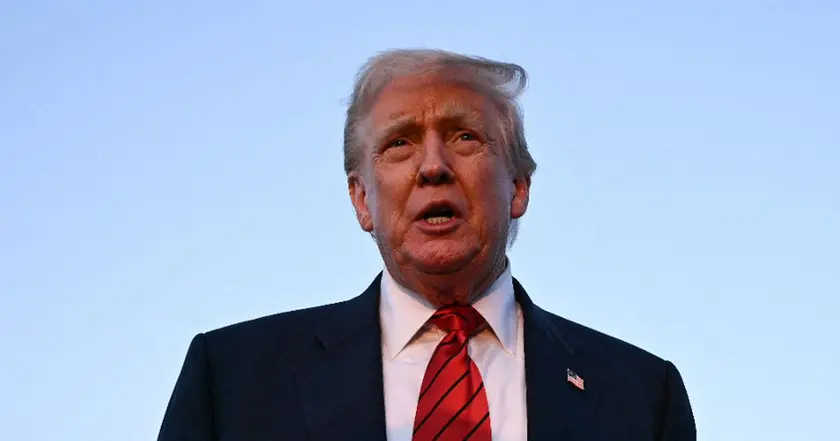
NASA to destroy climate-monitoring satellites on White House orders
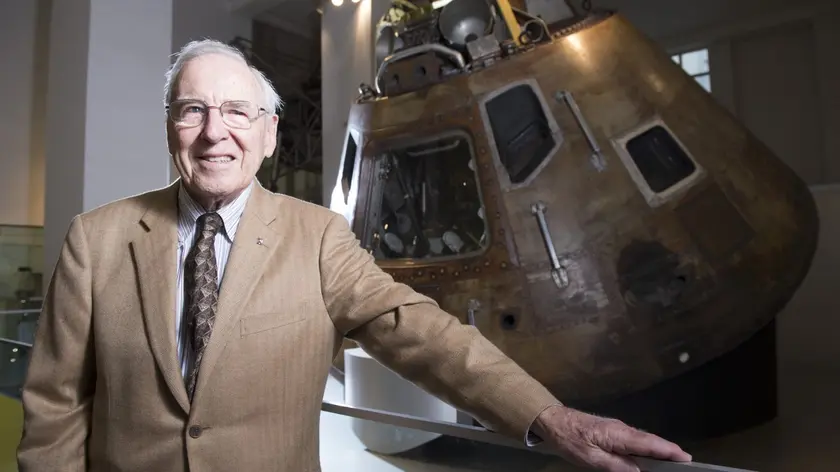
Jim Lovell obituary Apollo 13 leader dies aged 97
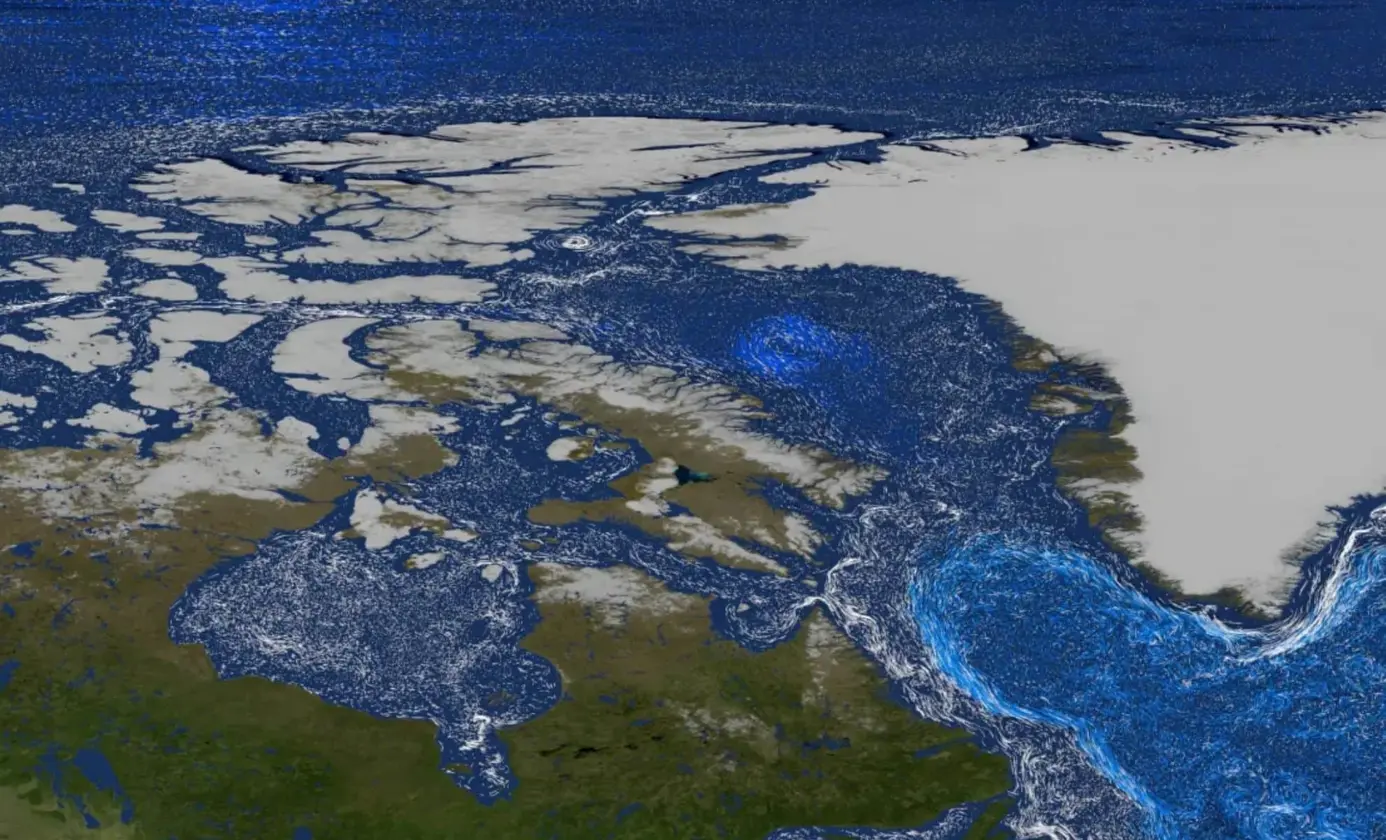
NASA Reports on Greenland's Glaciers and Marine Life
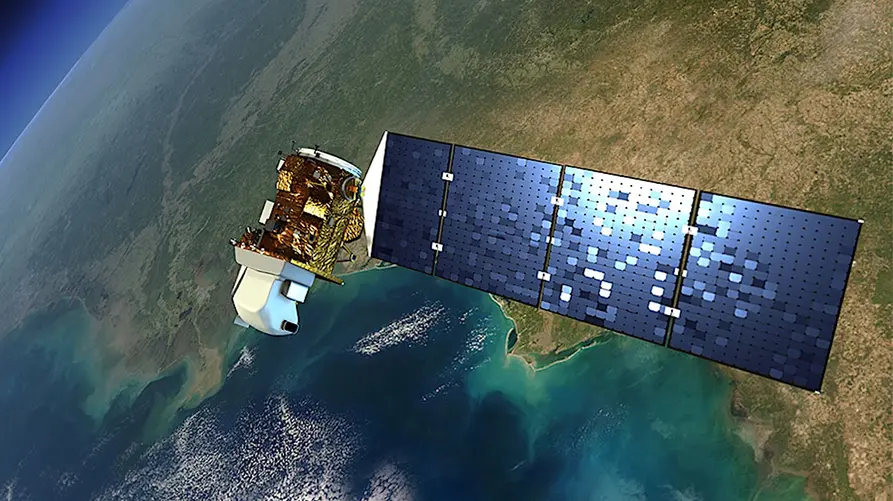
NASA initiates budget cuts for Landsat capabilities
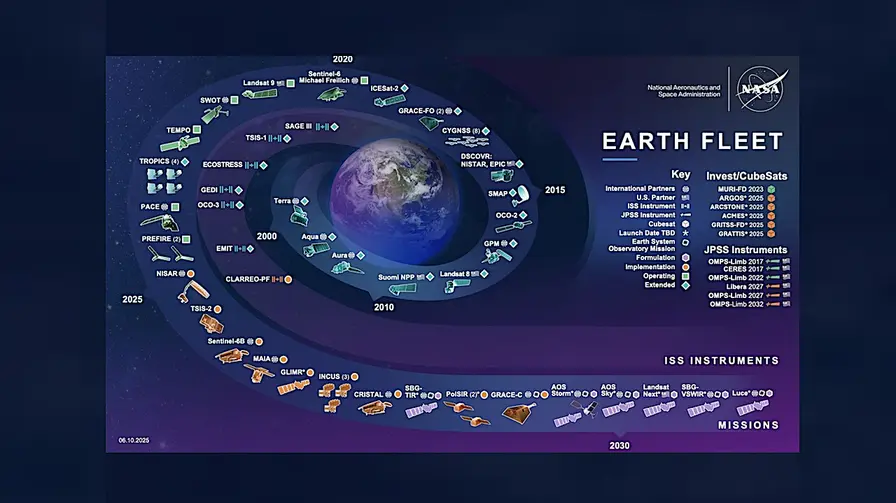
Major Funding Cuts Proposed for NASA Earth Science Division

NASA announces major cuts in research grants for 2025
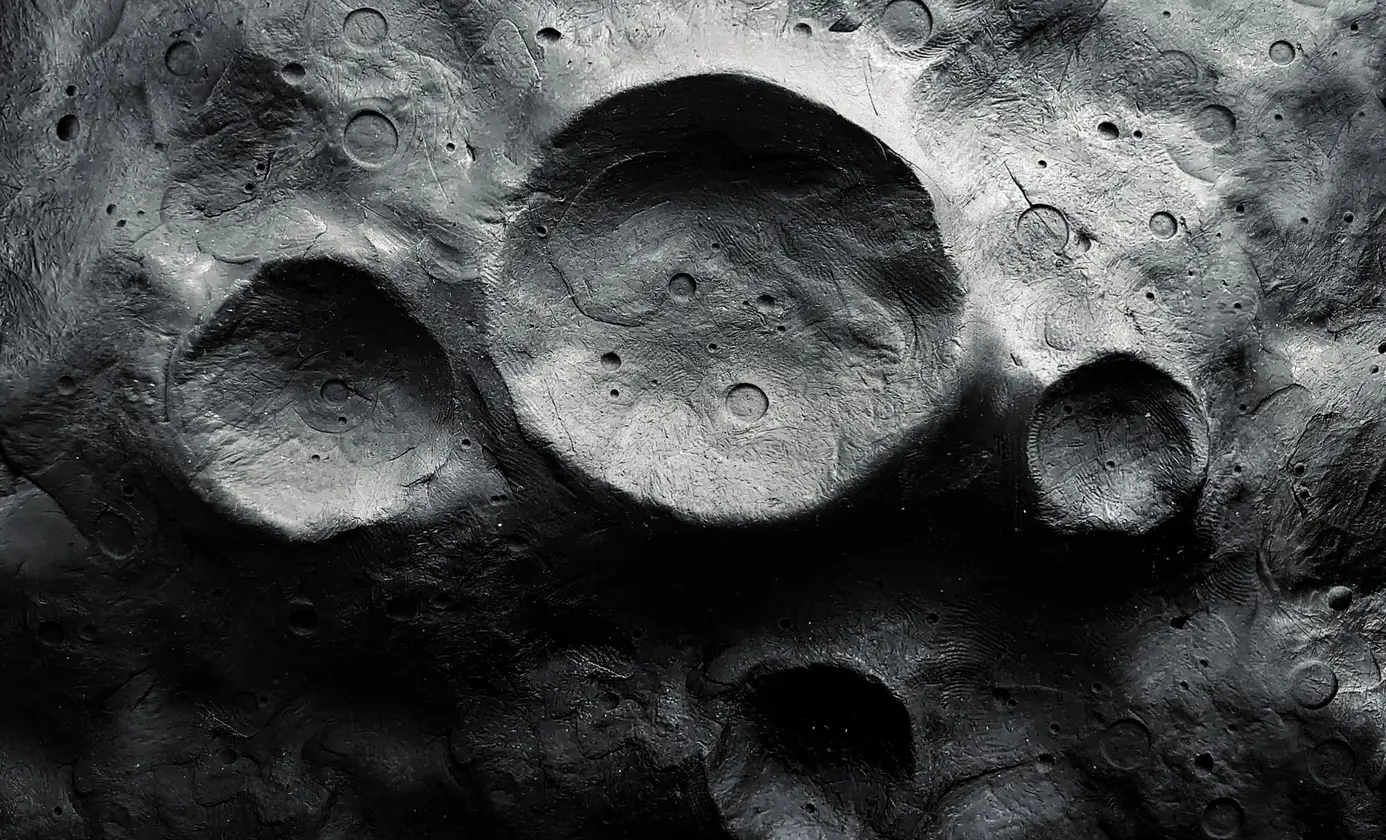
Asteroid 2024 YR4 may hit the moon in 2032
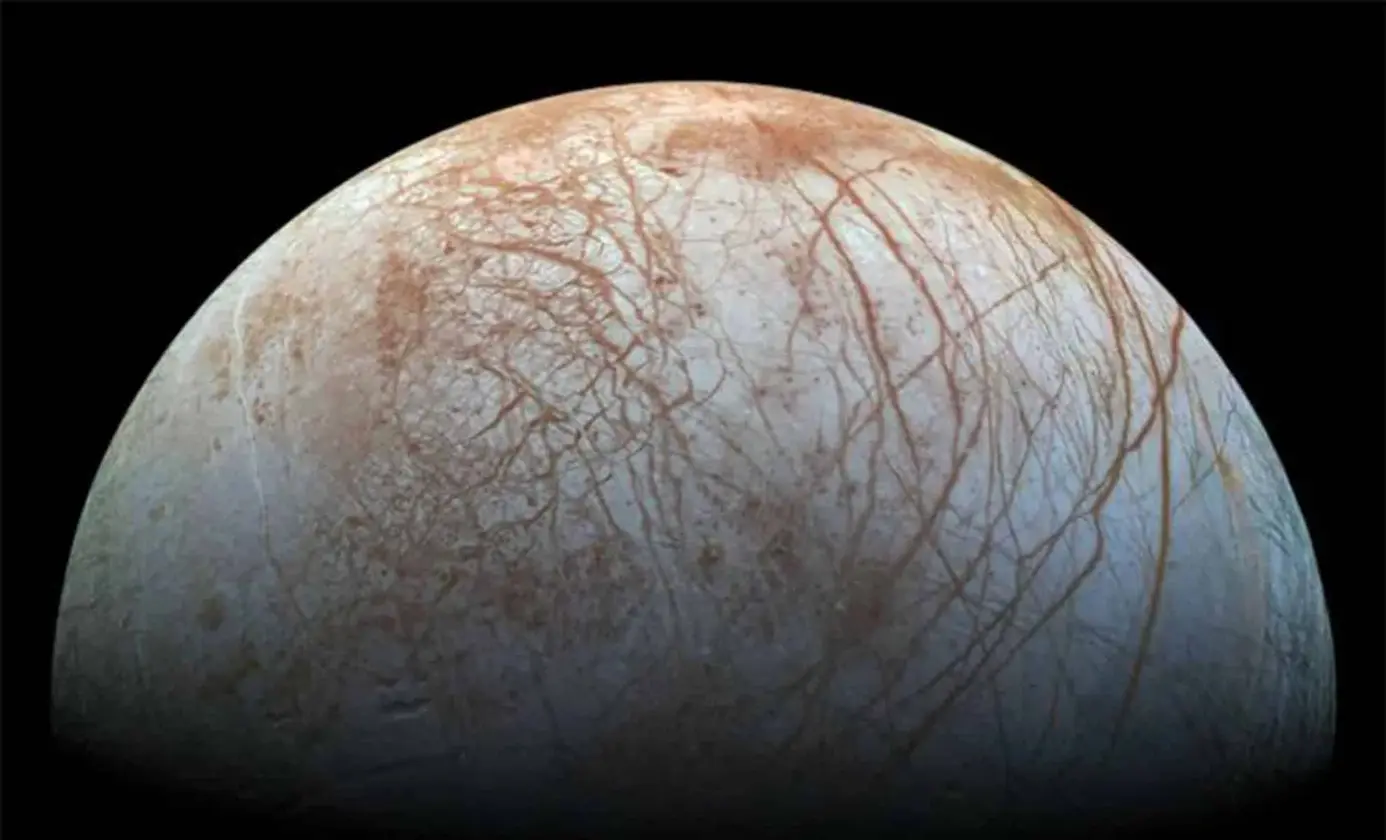
Galileo's Mission to Jupiter Ends
